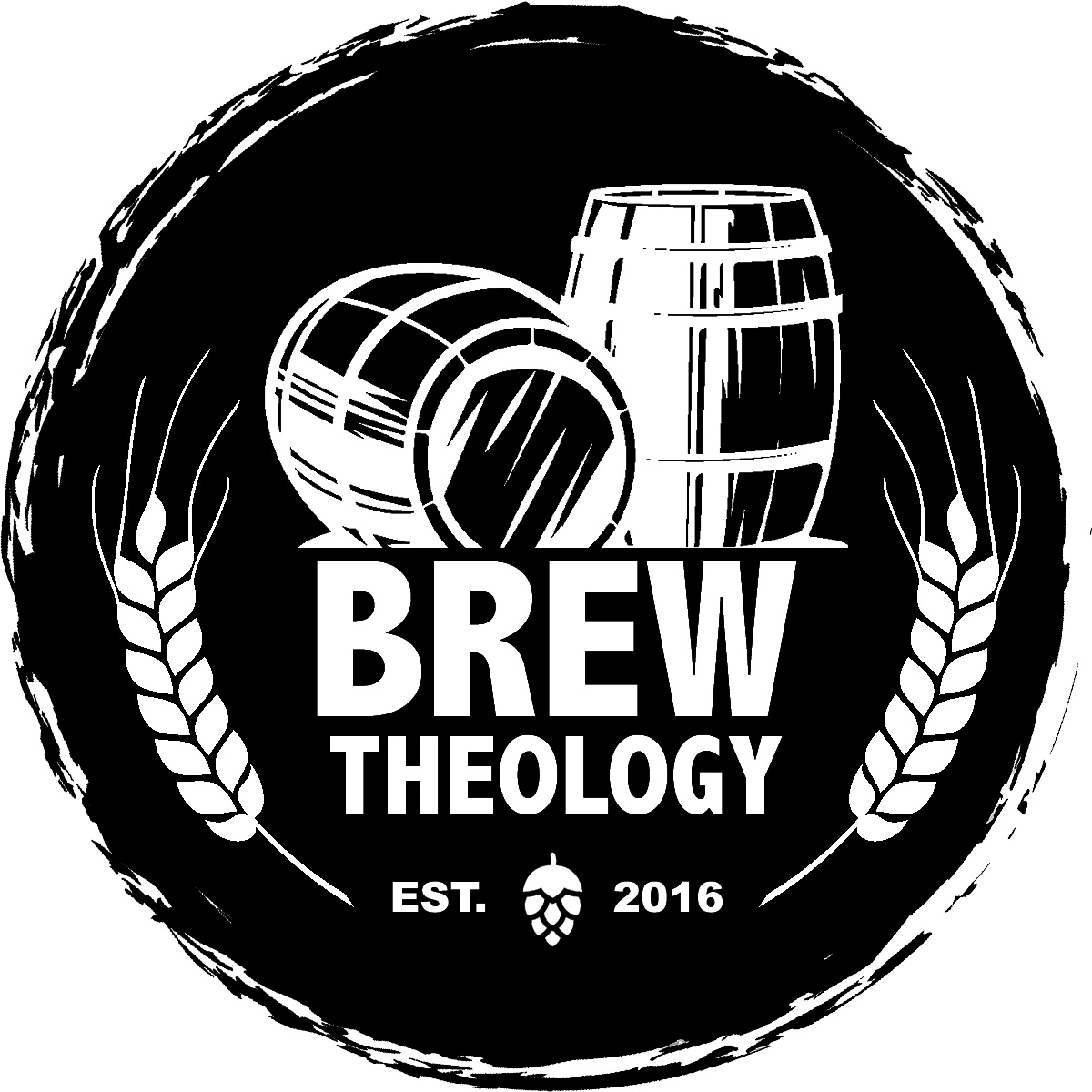How Often Do I Deny The Resurrection?
I (Ryan) have been sojourning down the unconventionally walked Lenten path, "Atheism For Lent," over the past 7 weeks with Philosopher Peter Rollins as the unorthodox guide. Every week, Pete lectured the online group, and every day Pete supplied a reading or a lecture, sometimes a comic, a song or a movie (i.e. Scorsese's' 2016 gripping film, "Silence," which I highly recommend!) We spent the 1st week understanding the dynamic relationship between theism and atheism, followed by thematic weeks deconstructing God as being, dissecting God as hyper being, engaging the "Masters of Suspicion" such as Freud, Marx & Nietzsche, traveling down the road of interpreting God, as what Tillich would say, "ground of being," moving toward God as an event, and finally, unraveling into the Passion Week with the haunting words of Christ on the bloody cross crying out, "My God. My God. Why have you forsaken me?" This course has been a wild ride, and it's been very helpful as someone who takes his faith seriously, and aims to better understand the world at large while really better grasping what it means to "believe" and sincerely follow Christ.
I'd like to post a parable by Phil Harrison (which was in today's reflection) alongside this talk Pete gave years ago.
I'd love to hear your thoughts, friends. Message me at ryan at brewtheology. org Thanks.
///
A Parable by Phil Harrison
The other day I had a dream. I dreamed I arrived at the gates of heaven, heavy-shut, pure oak, bevelled and crafted, glinting sharp in the sunlight. St. Peter stood to greet me; the big man wore brown, smile set deep against his ruddy cheeks.
“You’re here,” he said.
“I am,” I said.
“Great to see you—been expecting you,” he smiled. “Come on in.”
He pushed gently against the huge door; it swung silently, creakless. I took a couple of steps forward until, at the threshold, one more step up and in, I realized I wasn’t alone. My friends had joined me, but they hovered behind, silently, looking on. None spoke. I realized only I could speak. I looked at them; some were Christians, some Hindus, some Buddhists, some Muslims, some Jews, some atheists. Some God knows what. I stopped, paused. A hesitant St. Peter looked at me, patiently, expectantly.
“What about these guys?” I asked him. “My friends. Can they come?”
“Well, Phil,” he replied, soft in the still air, “You know the rules. I’m sorry, but that’s the way things are. Only the right ones.”
I looked at him. He seemed genuinely pained by his answer. I stood, considering. What should I do? I thought about my reference points, and thought about Jesus, the bastard, the outsider, the unacceptable, the drunkard, the fool, the heretic, the criminal, and I knew exactly where I belonged.
“I’ll just stay here then too,” I said, taking my one foot out of heaven. And I’ll tell you, I’d swear I saw something like a grin break across St. Peter’s face, and a voice from inside whispered, “at last.”

